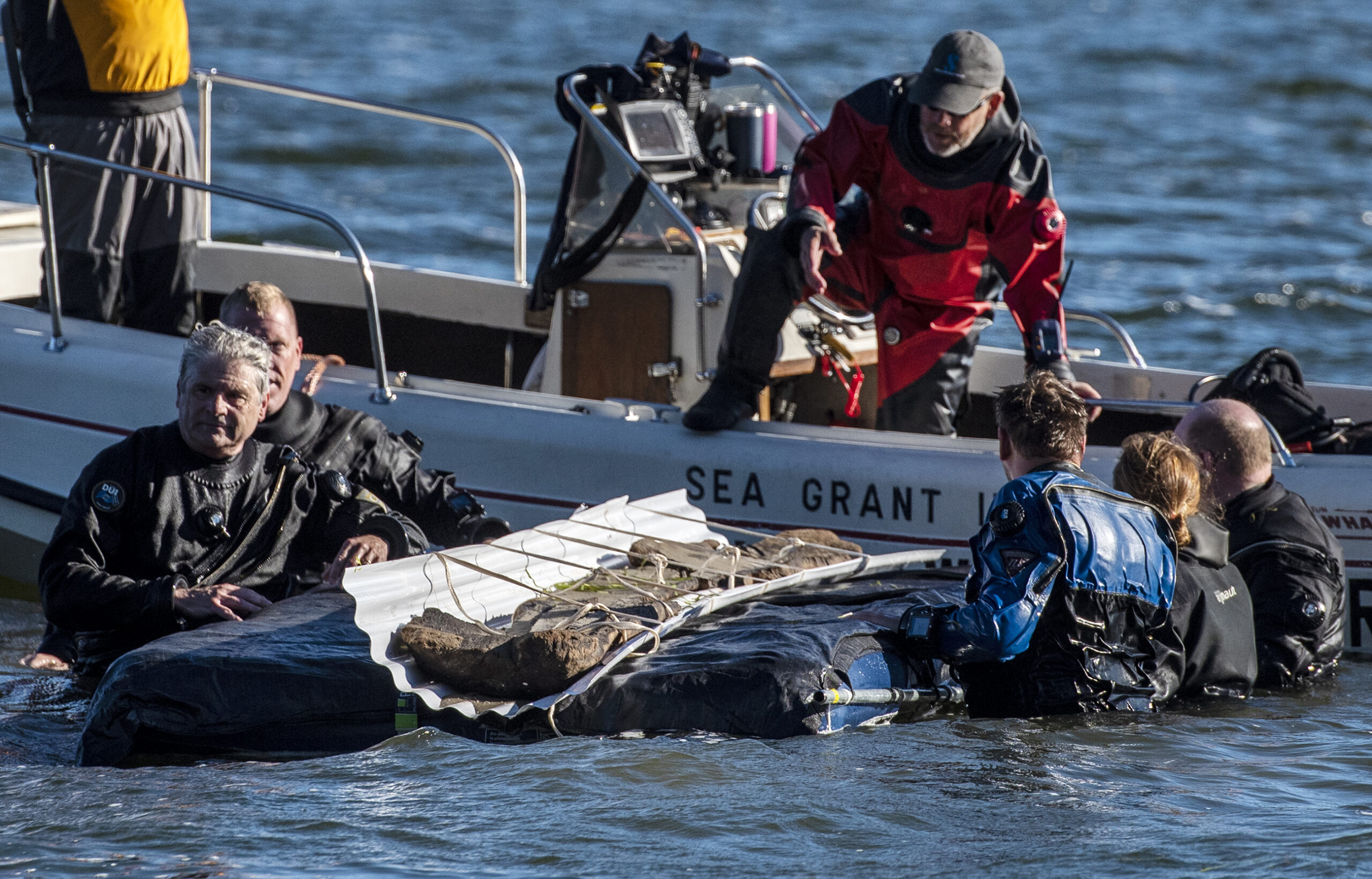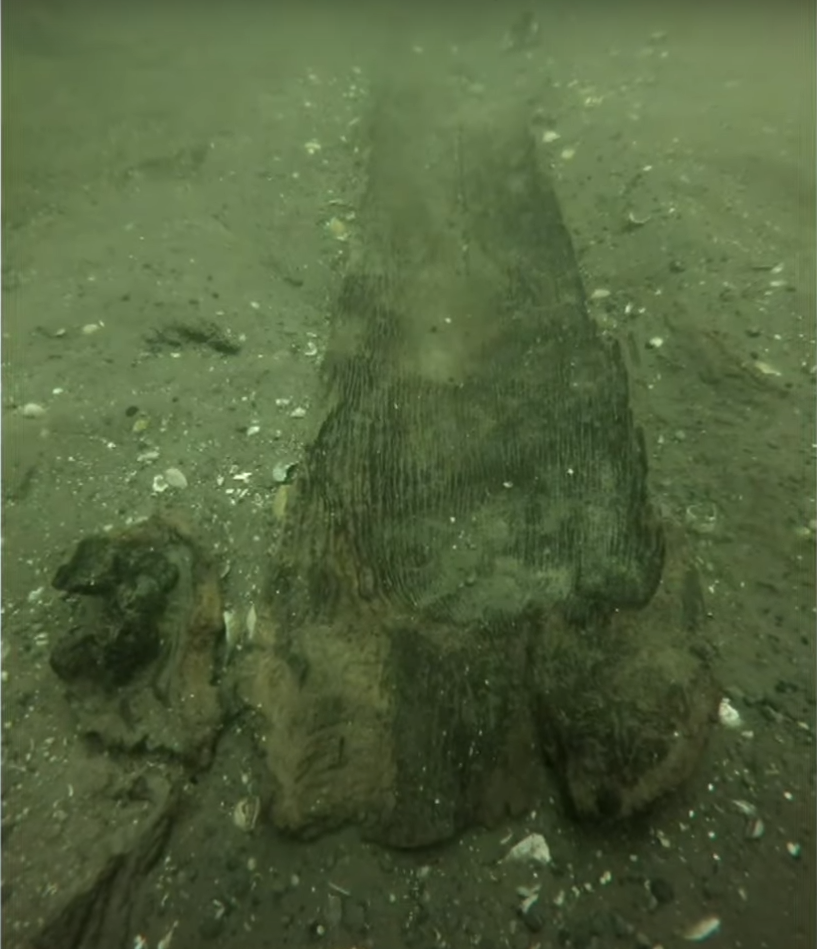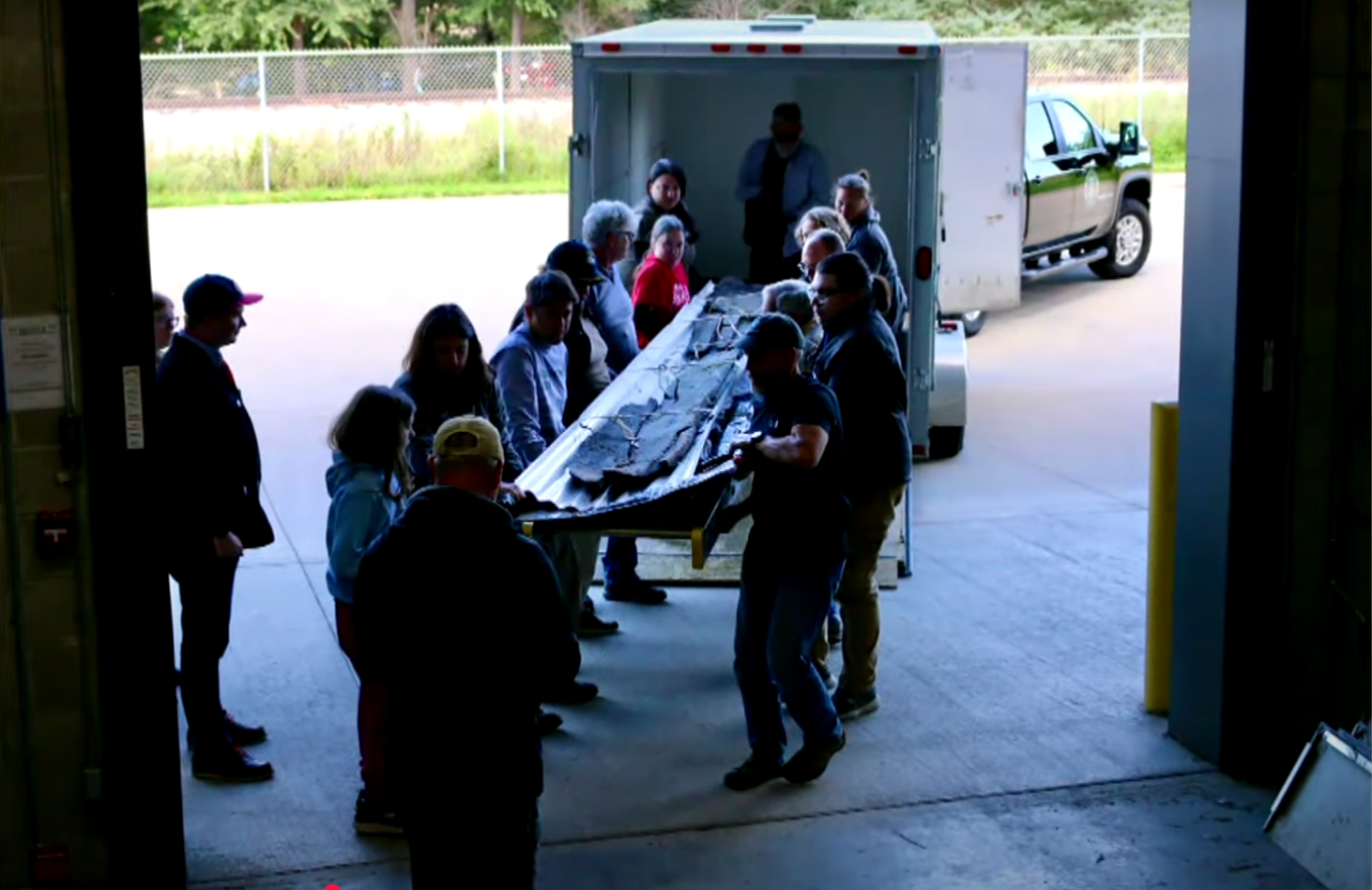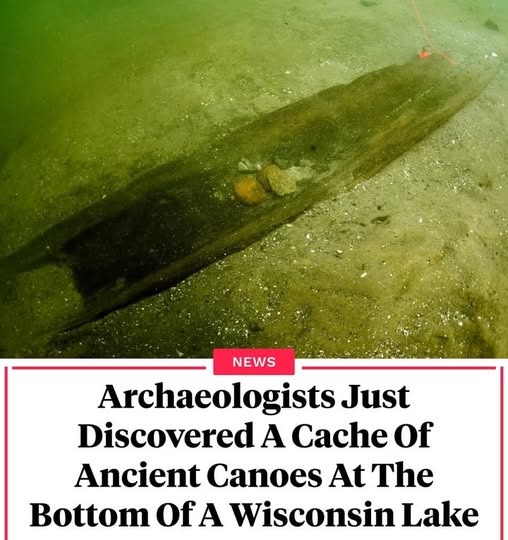In Lake Mendota, Madison, Wisconsin, researchers have uncovered a remarkable set of up to 11 ancient canoes. These finds, led by the Wisconsin Historical Society since 2021, include one dating back 4,500 years, the oldest canoe ever found in the Great Lakes region. They offer a glimpse into the lives of Native American communities long ago. The discoveries began with a 1,200-year-old dugout canoe in 2021, followed by a 3,000-year-old one in 2022. Made from woods like elm and red oak, these canoes span from 2500 B.C.E. to 1250 C.E.
Experts believe Native peoples sank these canoes in shallow waters each fall to preserve them through winter, retrieving them for spring travel. Over time, floods, droughts, and sediment shifts buried them under the lakebed, keeping them intact until now. Archaeologist Amy Rosebrough told local media that more canoes might be hidden around Lake Mendota’s edges, sparking curiosity about what else lies beneath. The oldest canoe, from the Late Archaic period, shows skilled navigation before farming began.
 These canoes likely belonged to ancestors of the Ho-Chunk Nation, though their names are lost to time. Some date to the Middle Woodland period, when trade and early farming emerged. Others are from the Late Woodland period, known for corn and effigy mounds, or the Oneota period, with settled villages. Using ground-penetrating radar, researchers study the fragile canoes without harming them. The first two will be preserved at Texas A&M University and displayed at the Wisconsin History Center in 2027.
These canoes likely belonged to ancestors of the Ho-Chunk Nation, though their names are lost to time. Some date to the Middle Woodland period, when trade and early farming emerged. Others are from the Late Woodland period, known for corn and effigy mounds, or the Oneota period, with settled villages. Using ground-penetrating radar, researchers study the fragile canoes without harming them. The first two will be preserved at Texas A&M University and displayed at the Wisconsin History Center in 2027.

 Fragile fragments remain underwater to stay intact. Bill Quackenbush, a Ho-Chunk Nation preservation officer, says seeing the canoes brings ancestral stories to life. These finds show how Native peoples traveled and thrived for millennia. A canoe is relatable, helping us picture the lives of those who crafted it. The Wisconsin Historical Society plans sonar surveys to explore more of the lake, hoping to uncover further clues. These canoes connect us to the ingenuity and resilience of Native peoples in the Great Lakes.
Fragile fragments remain underwater to stay intact. Bill Quackenbush, a Ho-Chunk Nation preservation officer, says seeing the canoes brings ancestral stories to life. These finds show how Native peoples traveled and thrived for millennia. A canoe is relatable, helping us picture the lives of those who crafted it. The Wisconsin Historical Society plans sonar surveys to explore more of the lake, hoping to uncover further clues. These canoes connect us to the ingenuity and resilience of Native peoples in the Great Lakes.


